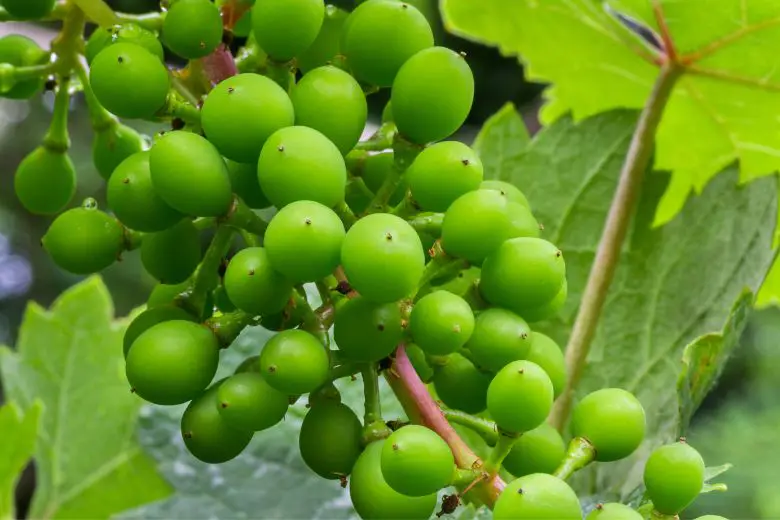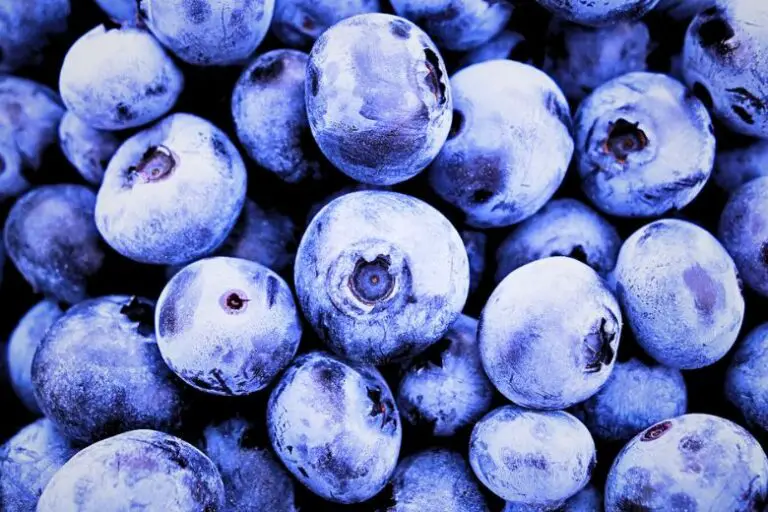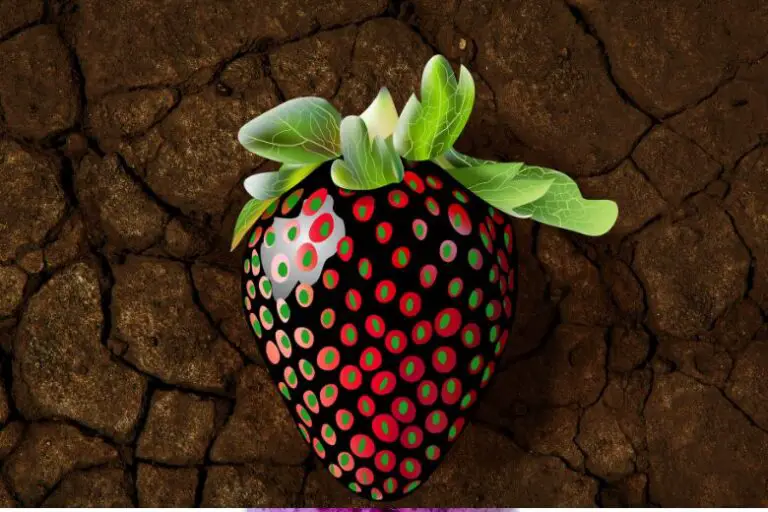Why Are My Grapes Sour
Grapes have been cultivated for centuries and are a beloved fruit across cultures. Their natural sweetness is a primary reason for their popularity, but occasionally, grapes can be surprisingly sour, leaving consumers questioning their quality and ripeness.
Understanding the factors that contribute to sourness can provide valuable insights into the cultivation and enjoyment of this delectable fruit.
Understanding Grape Ripening
Grapes, like many fruits, undergo a complex process of ripening. This transformation involves changes in color, flavor, and texture. The sweet taste of grapes emerges as their sugars increase and acidity decreases during this ripening journey. However, the timing and conditions during this process play a significant role in determining whether grapes develop the desired level of sweetness.
Factors Contributing to Sourness
Varietal Characteristics
Different grape varieties exhibit varying levels of sweetness and acidity. Some varieties are naturally more tart due to their genetic makeup. This variation in flavor profile means that even within a single vineyard, grapes from different varieties can differ greatly in taste.
Climatic Conditions
Climate is a major determinant of grape flavor. Grapes grown in cooler climates tend to have higher acidity, which can contribute to sourness. The interplay between sunlight, temperature, and moisture influences how grapes develop their sugars and acidity.
Harvest Timing
The moment of grape harvest is crucial. Grapes harvested too early may not have fully developed their sugars, leading to a sour taste. On the other hand, grapes left on the vine for too long might become overripe, resulting in a different kind of undesirable flavor.
The Role of Soil and Nutrients
The soil in which grapes are grown can significantly affect their taste. Nutrient-rich soil can lead to a better balance between sweetness and acidity, resulting in a more palatable grape. Deficiencies in essential nutrients can lead to imbalances that contribute to sourness.
Pest and Disease Impact
Pests and diseases can compromise grape health and flavor. Insects and pathogens can damage grapes, leading to stress on the vines. Stressed vines often produce grapes with higher acidity and less sweetness, resulting in a sour taste.
Post-Harvest Practices
Proper post-harvest handling is crucial to preserving grape quality. Incorrect storage and transportation conditions can exacerbate sourness. Grapes are delicate fruits that require careful handling to prevent bruising, which can contribute to sour flavors.
Managing Grape Sourness
Vineyard Practices
Cultivating grapes involves a variety of techniques to manage flavor development. Pruning, canopy management, and irrigation strategies can all impact grape sweetness. Proper care and attention in the vineyard can mitigate the risk of sour grapes.
Harvesting Techniques
Timing is everything when it comes to grape harvesting. Waiting for the optimal level of ripeness ensures the desired sweetness. Techniques such as taste testing and sugar monitoring help determine the best time to harvest.
Storage and Transportation
After harvest, grapes should be stored and transported under controlled conditions. Temperature and humidity levels must be carefully managed to prevent the onset of sourness. Proper handling can preserve the grape’s natural sugars.
Enhancing Grape Flavor
For those who wish to transform sour grapes into a delectable treat, various methods can be employed. From culinary uses like making jams and jellies to creating wine, there are ways to turn sourness into a flavorful advantage.
Conclusion
Sour grapes need not be a disappointment. Understanding the myriad factors that contribute to their tartness allows us to appreciate the delicate balance of nature’s processes. By implementing careful cultivation and handling practices, we can savor the sweet rewards that grapes have to offer







